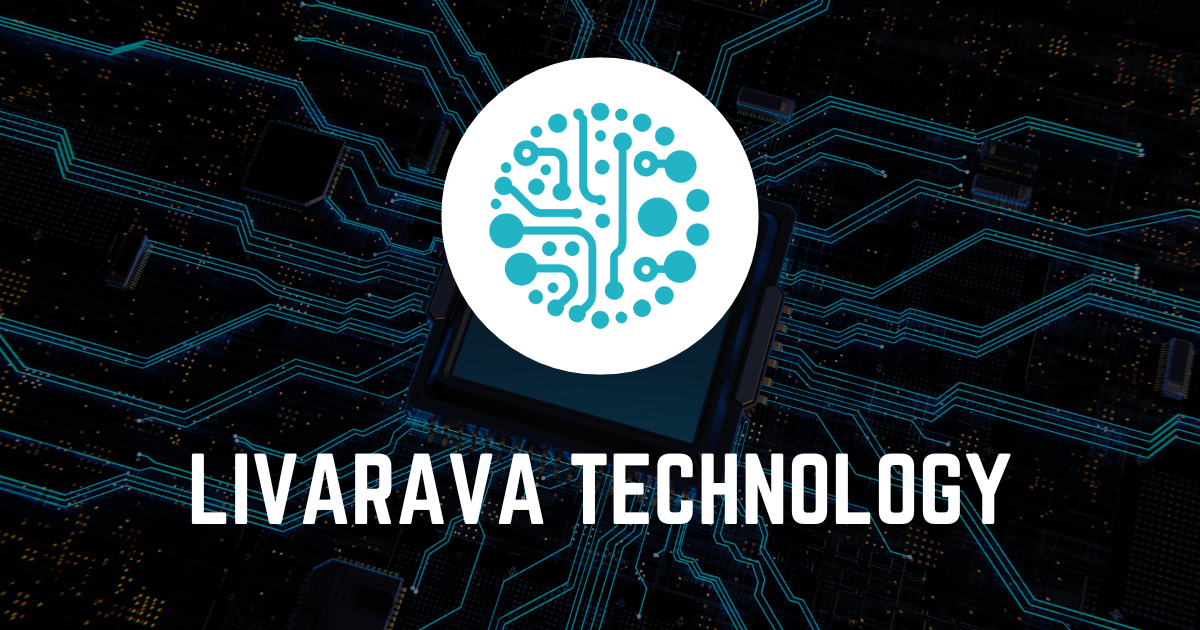Research from the University of Washington Questions Neuralink's Cortical Implants

Introduction
Recent research conducted at the University of Washington presents critical insights into the assumptions made by Elon Musk regarding Neuralink's cortical implants.
The Flaws in Current Projections
The study indicates that Musk's optimistic outlook for the Neuralink project is based on flawed premises. This calls into question the viability of the anticipated advancements in brain-machine interfaces.
Implications for Neurotechnology
- The validity of projecting timelines for implant functionality.
- The need for rigorous validation of safety and effectiveness.
- The importance of setting achievable goals within the neurotech sector.
Conclusion
This research acts as a reminder for the tech industry to approach neurotechnology developments with caution and realism, ensuring that expectations align with the scientific evidence available.
This article was prepared using information from open sources in accordance with the principles of Ethical Policy. The editorial team is not responsible for absolute accuracy, as it relies on data from the sources referenced.